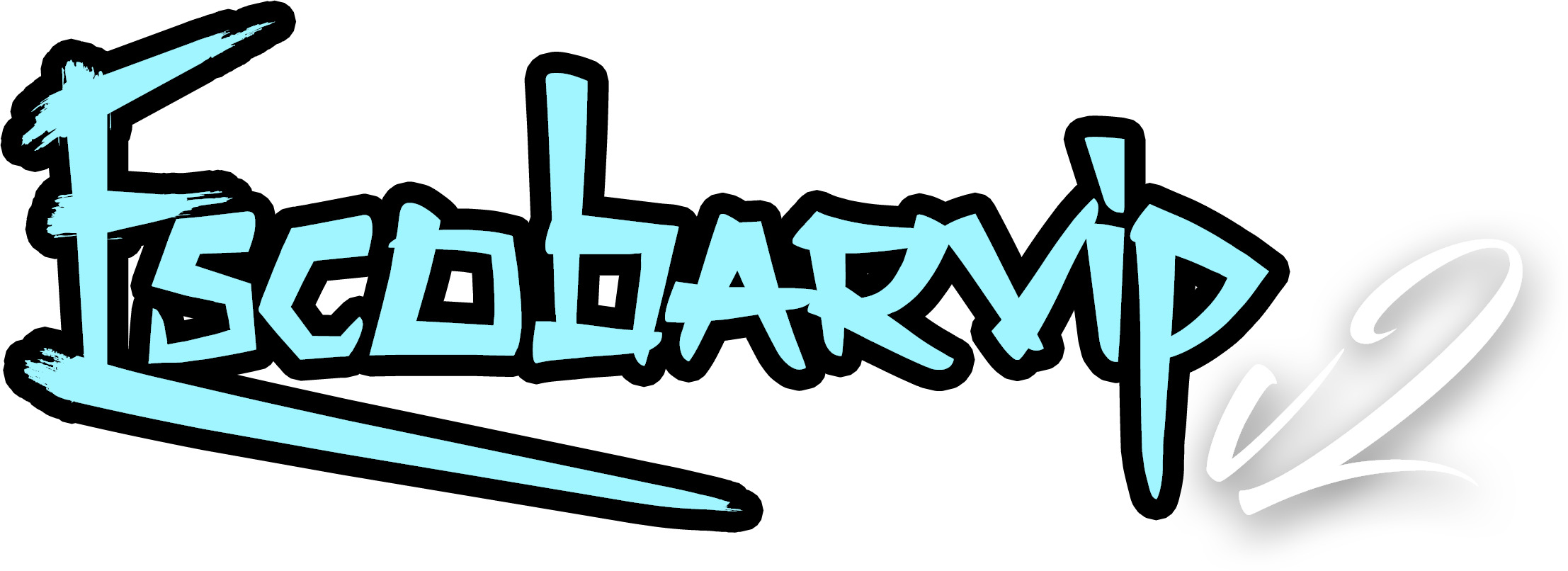It's a big, wide world out there on the internet, and sometimes, you might find yourself curious about certain phrases or topics. When people search for something like "türk ifsa sotwe," it often sparks a thought about how information moves around online, and what that means for each of us. You know, like, how do we keep our personal details private when so much is out there? It's a pretty important question for anyone spending time on the web these days, actually.
This kind of search, you see, it really gets us thinking about the bigger picture of digital life. It’s not just about finding a specific piece of content, but more about understanding the flow of data, and how easily things can be shared, sometimes without our full knowledge or permission. So, in a way, it’s a good prompt to consider our own online habits and what we might do to stay secure.
We're going to talk a bit about how you can be more aware of your digital footprint, and why it's pretty crucial to think about what you share. This article aims to give you some helpful pointers, because, you know, being smart about your online presence is just a good idea for everyone, especially in today's connected world, and stuff.
- Alex Wilson Weather Channel Husband
- Connie Kline
- Sone 385
- Is Mike Rowe Married
- Charissa Thompson Husband
Table of Contents
- Understanding Your Digital Footprint
- The Importance of Online Privacy
- How Information Spreads Online
- Tips for Keeping Your Personal Details Secure
- What to Do if You Find Unwanted Content
- Staying Informed and Making Smart Choices
- Frequently Asked Questions About Online Safety
Understanding Your Digital Footprint
Every time you go online, you leave a trail, sort of like footprints in the sand. This trail, your digital footprint, is made up of all the things you do and share. It includes your social media posts, comments on articles, photos you upload, and even the websites you visit. Really, it's pretty much everything that can be traced back to you in the online space, you know.
This footprint can be active or passive. Active means you intentionally share something, like posting a picture on a social site. Passive is when data is collected about you without your direct action, perhaps when a website tracks your browsing habits. Knowing this difference is a good first step in being more in charge of your online story, so.
Think about it like this: your digital footprint is a story about you that the internet tells. You want that story to be one you're comfortable with, right? It's about being mindful of what pieces of your life are out there for others to see, and whether that aligns with how you want to be seen, honestly.
The Importance of Online Privacy
Keeping your personal information private online is a big deal, actually. It's about having control over who sees what about you. When your privacy is compromised, it can lead to all sorts of problems, like identity theft or unwanted attention. So, protecting your data is not just a suggestion; it's a real need in this day and age.
Your private life should stay private, and that includes your online interactions. Things like your home address, phone number, or even certain photos are pieces of information that most people would rather keep to themselves. When these things get out without permission, it can feel like a huge invasion, and that's just not okay, you know.
It's about peace of mind, really. Knowing that your sensitive details are safe helps you feel more comfortable using the internet for all the good things it offers. It lets you connect with people and find information without constant worry, and that's a pretty valuable thing, I mean.
How Information Spreads Online
Information travels super fast on the internet, like wildfire, really. One moment something is posted, and the next, it could be seen by thousands, or even millions, of people. This happens through social media shares, messaging apps, and even just simple copy-pasting. It's almost instant, that.
Once something is out there, it's incredibly difficult, sometimes even impossible, to get it back. It can be copied, downloaded, and re-uploaded countless times. Think about it: a picture you shared with just a few friends could end up on a public forum without you ever knowing how it got there, so.
This rapid spread means we have to be extra careful about what we put out there. Every piece of content you create or share has the potential to reach a much wider audience than you might intend. So, before you hit that 'post' button, it's a good idea to pause and think about where that information might end up, at the end of the day.
Tips for Keeping Your Personal Details Secure
Protecting your personal details online doesn't have to be super complicated. There are some straightforward steps you can take to make things much safer for yourself. These tips are pretty much good practice for anyone who uses the internet regularly, you know.
Adjust Your Privacy Settings
- Check the privacy settings on all your social media accounts and other online services. Make sure they are set to the highest level of privacy you're comfortable with. You can usually choose who sees your posts, photos, and personal information.
- Regularly review these settings. Companies often update their policies, and sometimes your settings might change without you realizing it. It's a good habit to just take a look every now and then, like your.
Be Careful What You Share
- Think twice before posting personal information. This includes your full name, address, phone number, birthdate, or even where you are at any given moment. A little less detail can go a long way in keeping you safe.
- Avoid sharing photos that show identifying details, like your house number or unique landmarks near your home. These small clues can add up for someone trying to find information about you.
Use Strong, Unique Passwords
- Create passwords that are long and mix different types of characters: uppercase and lowercase letters, numbers, and symbols. Avoid using easy-to-guess information like your birthday or pet's name.
- Use a different password for each important online account. If one account gets compromised, the others stay safe. A password manager can really help with this, too it's almost.
Be Wary of Links and Downloads
- Don't click on suspicious links in emails, text messages, or social media posts, even if they seem to come from someone you know. These could be phishing attempts designed to steal your information.
- Only download files from trusted sources. Unknown downloads can contain malware that can harm your computer or steal your data.
Keep Your Software Updated
- Make sure your operating system, web browser, and antivirus software are always up-to-date. Updates often include important security fixes that protect you from new threats. It's a simple step that makes a big difference, honestly.
What to Do if You Find Unwanted Content
Sometimes, despite all your efforts, you might come across content online that is unwanted or makes you uncomfortable, especially if it relates to personal information. It's a tough situation, but there are steps you can take. You don't just have to sit there feeling helpless, you know.
Report the Content
- Most social media platforms and websites have a way to report content that violates their terms of service. Look for a "report" or "flag" button near the content itself. This is often the first and best step to take.
- If the content is illegal or involves harassment, you might need to report it to law enforcement. They have ways to help that online platforms might not.
Contact the Website Administrator
- If reporting through the platform doesn't work, or if it's on a personal website, try to find contact information for the site administrator. Many sites have an "About Us" or "Contact" page with an email address.
- Politely explain why the content is problematic and ask for its removal. Sometimes, people are unaware of what's been posted on their site.
Seek Professional Help
- For more serious cases, or if you're struggling to get content removed, consider reaching out to organizations that specialize in online safety and digital rights. They can offer advice and sometimes even legal support.
Staying Informed and Smart Choices
The internet changes all the time, so staying informed about new online risks and ways to protect yourself is pretty important. Just like you might learn about new health tips, keeping up with digital safety is something everyone should consider. It's not a one-time thing, but more of an ongoing process, you know.
Read articles, watch videos, and follow reputable sources that share information about cybersecurity and privacy. The more you know, the better equipped you'll be to make smart choices about your online life. Being proactive really helps you stay ahead of potential issues, too it's almost.
Ultimately, your safety online is largely in your hands. By being thoughtful about what you share, who you connect with, and what information you give out, you can create a much safer experience for yourself. It's about building good habits, honestly. You can learn more about online security best practices on our site, and find more helpful information on digital well-being. Being aware is your best defense against many online issues, so.
Frequently Asked Questions About Online Safety
How can I tell if a website is safe to use?
You can usually tell if a website is pretty safe by looking for a few things. First, check if the website address starts with "https://" instead of just "http://". The "s" means it's secure. Also, look for a little padlock icon in your browser's address bar. That's a good sign. And, you know, just use common sense; if a site looks really unprofessional or asks for too much personal information right away, it might be a bit suspicious.
What is "phishing" and how can I avoid it?
Phishing is when someone tries to trick you into giving them your personal information, like passwords or bank details, by pretending to be a trustworthy source. They might send you an email that looks like it's from your bank or a popular online store. To avoid it, always be very careful with emails asking for personal info. Don't click on links in those emails. Instead, go directly to the website by typing its address yourself. If something feels off, it probably is, you know.
Should I use a VPN for better online privacy?
Using a Virtual Private Network, or VPN, can definitely add an extra layer of privacy and security when you're online. It basically encrypts your internet connection and hides your IP address, making it harder for others to track your online activity. It's especially useful when you're using public Wi-Fi. While it's not a magic shield for everything, a VPN can be a really good tool for general online privacy, you know, for sure.
For more general information on digital security, you might want to check out resources from organizations like the Cybersecurity and Infrastructure Security Agency (CISA). They offer a lot of good, practical advice for everyone, so.
Related Resources:



Detail Author:
- Name : Randal Crona
- Username : effertz.jocelyn
- Email : vaufderhar@hotmail.com
- Birthdate : 1972-01-24
- Address : 60549 Haskell Cape Bartellfort, IN 12681
- Phone : +1-934-955-4599
- Company : Lakin, Collins and Kuvalis
- Job : Bulldozer Operator
- Bio : Perferendis fuga natus eos est voluptates eos autem. Omnis molestias nihil totam. Repellat voluptas atque necessitatibus autem illo assumenda. Quisquam aut qui cum delectus voluptas fugit vel.
Socials
linkedin:
- url : https://linkedin.com/in/swift2008
- username : swift2008
- bio : Omnis veniam illo id sed hic quidem voluptas.
- followers : 2629
- following : 2452
tiktok:
- url : https://tiktok.com/@tamara.swift
- username : tamara.swift
- bio : Ipsum eos vel consectetur quo hic voluptates.
- followers : 905
- following : 1393
twitter:
- url : https://twitter.com/tamara_id
- username : tamara_id
- bio : Unde ut nulla modi aliquam ipsum autem. Necessitatibus repellendus ducimus repellendus nostrum eveniet ad ullam.
- followers : 716
- following : 2157
facebook:
- url : https://facebook.com/tamara_swift
- username : tamara_swift
- bio : Aut iure quidem blanditiis quam nihil nam.
- followers : 516
- following : 2732
instagram:
- url : https://instagram.com/swiftt
- username : swiftt
- bio : Quia rem enim at. In sequi rem tempore rerum ducimus natus.
- followers : 4082
- following : 1384